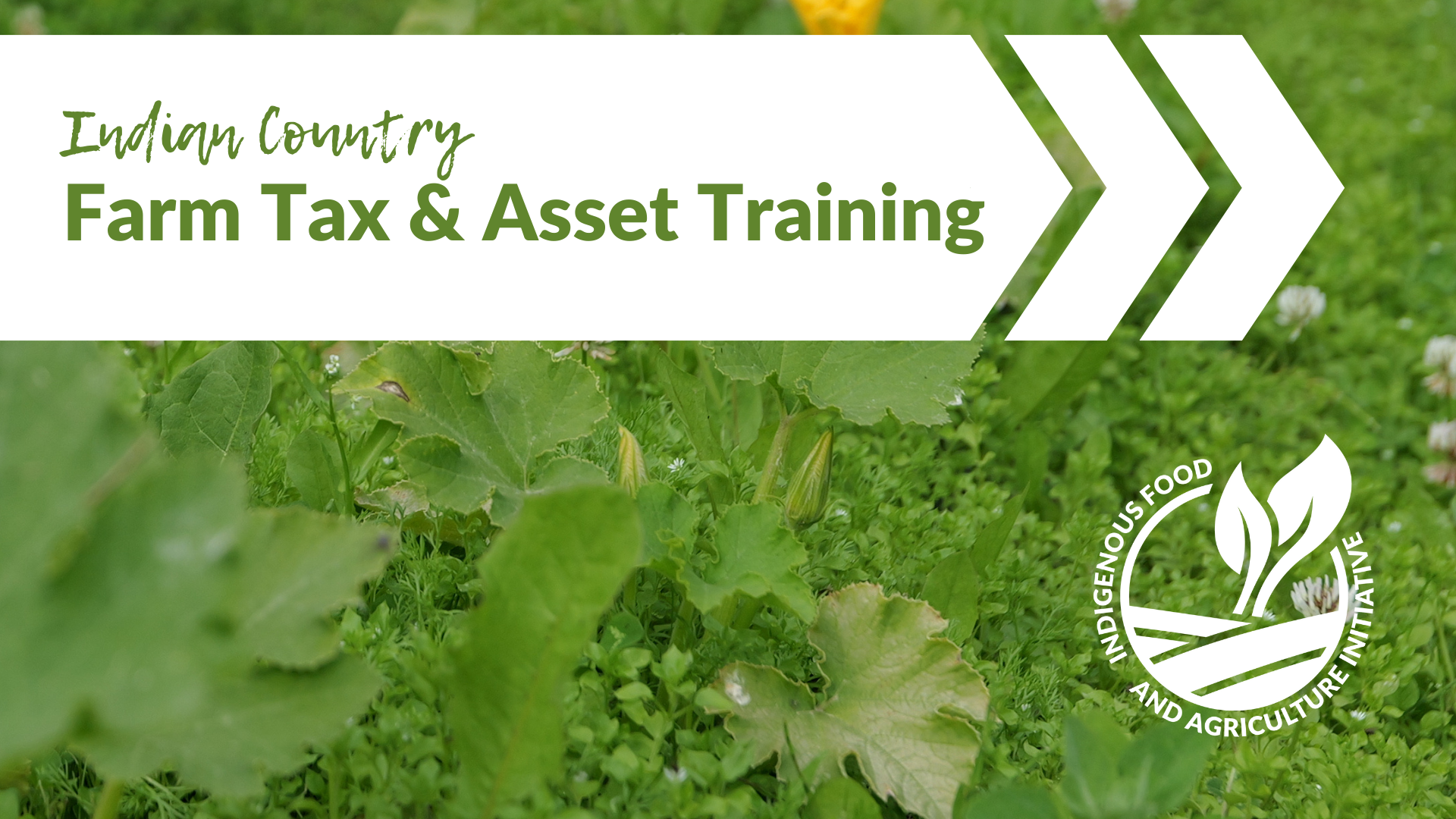Policy & Resources
Policy Briefings

Policy Brief – June 18, 2024
Summary House Appropriations moved the FY 2025 funding for USDA and FDA last week after a lengthy hearing. InterTribal Buffalo Council President Ervin Carlson testified in support of legislation that would extend 638 authority to bison management programs at DOI,...

Policy Brief – June 11, 2024
Summary USDA’s Natural Resources Conservation Service seeks nominations for four positions on the Federal Advisory Committee for Urban Agriculture and Innovative Production There is a Federal Register Notice about a proposed rule on Poultry Grower Payment Systems;...

Policy Brief – June 4, 2024
Summary USDA kicks off a week of Tribal consultations at NCAI mid-year to discuss self-determination policies in forestry, food safety, and nutrition programs as well as other topics. Registration for the Food and Nutrition Programs consultation remains open. Access...
Educational Resources
No Results Found
The page you requested could not be found. Try refining your search, or use the navigation above to locate the post.
Census Information
ANNUAL MARKET VALUE of ai/An Ag products*
Number of AI/AN Farms in 2022
Number of AI/AN PRODUCERS in 2022
Trainings/Webinars
The materials are based upon work supported by the U.S. Department of Agriculture, under agreement number FSA22CPT0012189.
Click the button below to access educational materials regarding tax and asset management.
EATS Academy
The Empowering Agriculture through Tribal Sovereignty (EATS) Academy is an ecosystem of trainings and resources developed by the Indigenous Food and Agriculture Initiative to support Tribal governments and producers develop robust food systems throughout Indian Country.
As needs for EATS Academy resources change and evolve for Tribal governments and producers, the academy will reflect updated information as it becomes available. Sign up to receive communications on updated resources and news related to the Indigenous food and agriculture.

Support for the EATS Academy has been generously provided by the Walmart Foundation.
This centralized resource ecosystem is intended to bridge gaps in information available to Tribal governments and producers. This is in no way complete, but it is a foundation for Tribal stakeholders to start their work in Tribal food sovereignty efforts.
Your feedback is important – we want to hear from you! What educational resources are missing? Send an email to tribalag@uark.edu.
Start below by sorting the information based on which category best fits your role, interests, goals, or areas of expertise.
Model Tribal Food and Ag Code
The Model Tribal Food and Agriculture Code Project serves as a resource for Tribal governments, providing a comprehensive set of model laws for review, adoption, and implementation. The model laws contained in the code were designed by IFAI and contributing attorneys to facilitate agricultural production, food systems development, and health outcomes improvement in Indian Country.
 Putting Tribal Sovereignty in Food Sovereignty
Putting Tribal Sovereignty in Food Sovereignty























